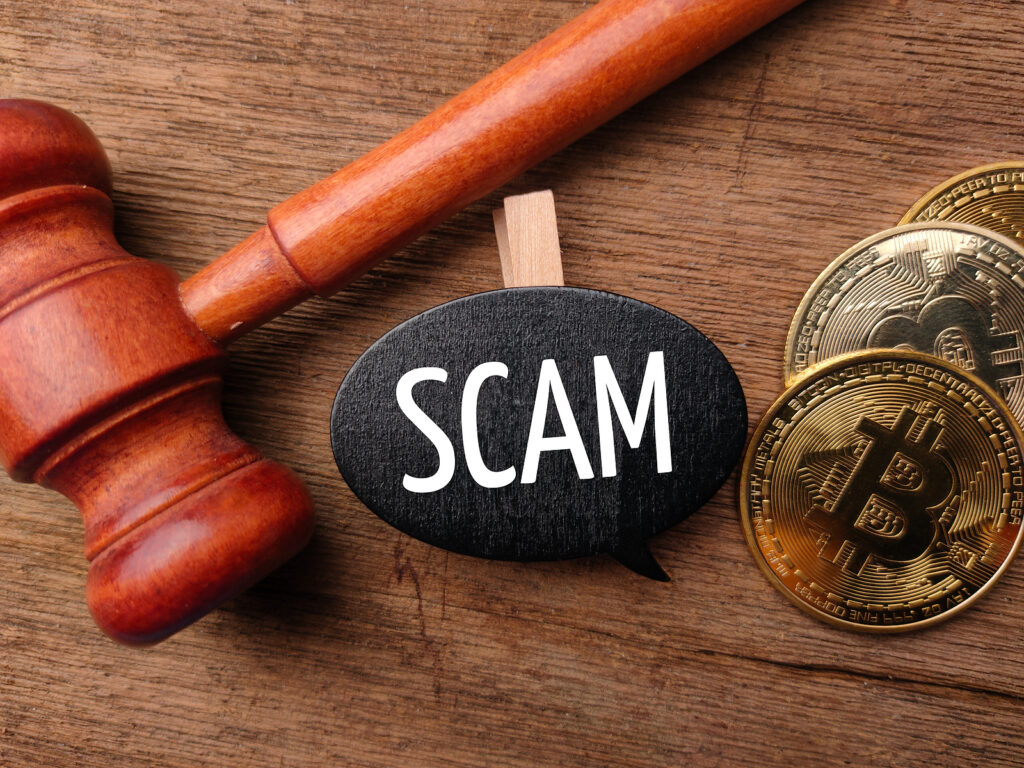-

What If Your Bitcoins Go Missing
Alex could have been a millionaire. In 2009 when the cryptocurrency was still in diapers, and a lone PC could mine several coins a day, the self-described technology enthusiast goes into it for ‘fun.’
No one thought bitcoin would be big the Des Moines native said.
“I was using our computer hardware and mining,” said Alex who didn’t want his real Bitcoin Recovery Co. used. “If my wife knows, I’m dead.”
While Alex got better the bitcoin mining program used grew to gigabytes. “It kept on growing so I deleted it and backed up the encrypted walled file to my USB.” That memory stick held the unique ‘keys’ for thousands of bitcoins Alex had mined. “I figured that it’s offline so in case something happened to the computer, I still had a backup.”
Alex remembered his wallet which bitcoin peaked at just under $1,000 in early 2014. “I put the USB in to try to access the file, but the jump-drive died,” he said.
Now, while the bitcoin price crashes through new milestones, Alex places his loss in the thousands. “Worst mistake of my life. Never back up anything on a cheap Chinese-made drive.”
Alex may be broke. But he’s not alone.Lost Forever
Of the over 16.6 million bitcoins in circulation, almost 4 million may be lost forever, according to new studies from digital forensics firm Chainalysis. The study, reported by Fortune, determined that somewhere between three and four million bitcoins are lost.
“It’s easy to lose cryptocurrency,” said Blockchain Center’s co-founder, Martin Davidson. “Bitcoin is a predetermined currency issuing system. There will just be 21 million bitcoins generated through 2140.”
When bitcoin’s value skyrocketed and started to increase almost daily, most people keeping their cryptocurrency keys in a web-based wallet began looking for better alternatives. If an online bitcoin service retains customers’ keys, the accounts are vulnerable to hackers and fraudsters. Experts started to suggest the safest way to protect the bankroll was to use a ‘hardware wallet.’
Looking like a fancy USB drive which stores bitcoin keys but allows transactions without key exposure, many began using ‘Trezor’ described as ‘bulletproof.’
Trezor’s security and safeguards work great. Until they don’t. What happens if you can’t remember your 24-word list which is generated during signup or forget the six-digit PIN? More than one person has been left hanging.How To Stay Safe
Forget your backup seed and lose your Bitcoin — that’s the bad news. The worse news is the most frequently way people lose Bitcoins is not through hacking. It’s more common for persons to set up a wallet, buy Bitcoin and then lose access to it — either because their phone broke, the phone was lost or stolen, or somehow got reset to factory settings.
But if a person is hacked it is usually through phishing links. Equipped with your information, the phisher may try to log into all cryptocurrency exchanges or wallets or even try ‘social engineering.’
What if you do everything right. You secure your passwords. You store data in a safe place — offline. You do everything you can, and you STILL lose your bitcoins. Are you out of luck and into the poorhouse?
Not necessarily.
Mark Frauenfelder former columnist at WIRED and the originating editor in chief of MAKE journal, also co-founded the tech and culture site BoingBoing. Now Mark works as director of research at the Institute of the Future’s Blockchain Futures Lab, and he lost access one time. You can read the story of how he got his bitcoins back here.



